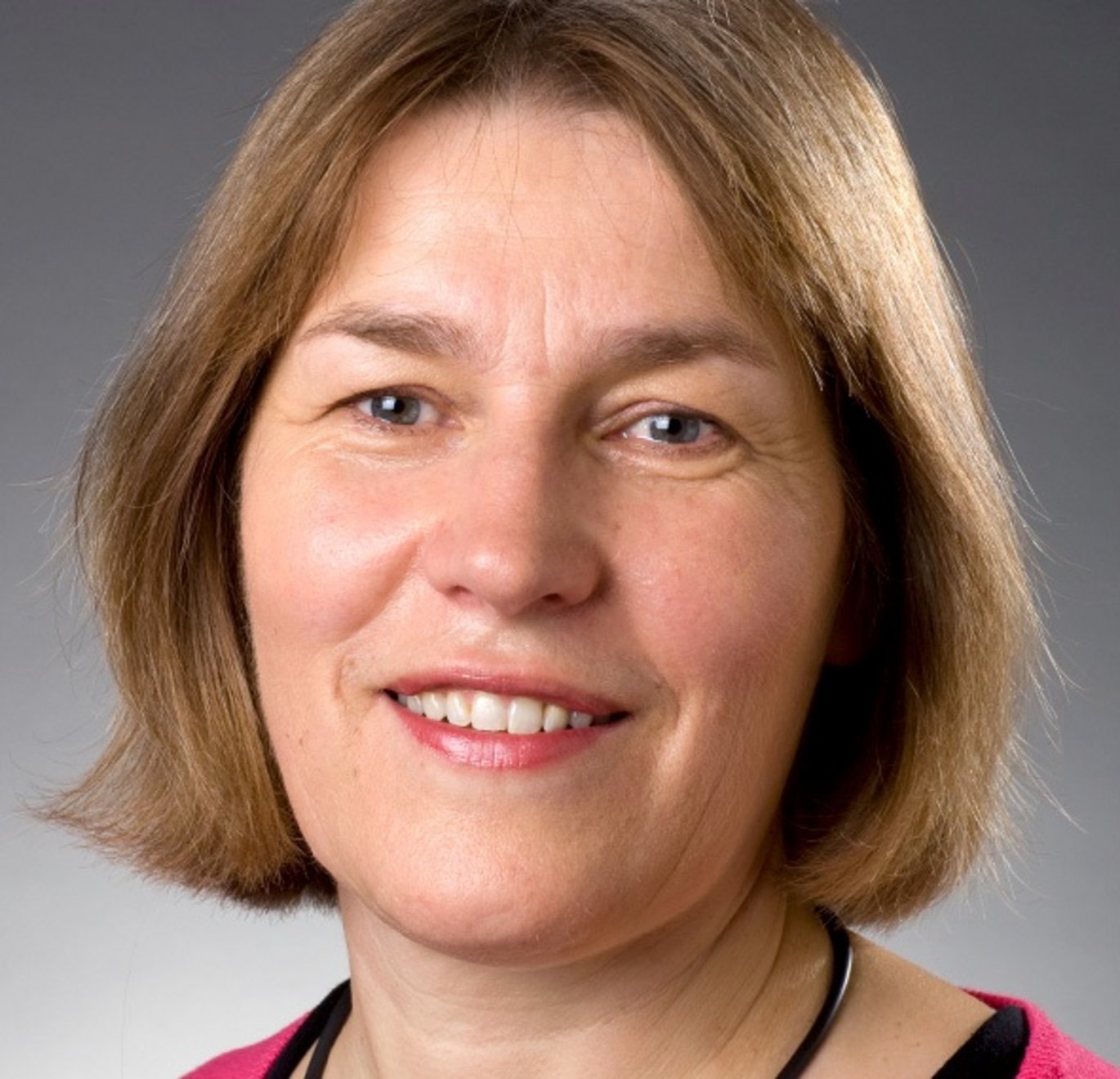Keeping our eyes on the future
Podcast lectures, a focus on admission criteria, and awareness of modern trends. These are some of the key areas which Health’s new vice-dean for education, Professor Berit Eika PhD is expecting to concentrate on.

Graduates of Aarhus University are highly qualified and highly respected. But the most important thing nowadays is to keep our eyes firmly fixed on the future and maintain a clear sense of the kind of society that the university is part of – both nationally and internationally. These are the views of Health’s new vice-dean of the core area called “Education”, Professor Berit Eika PhD. “So the question is how we make sure that our degree programmes are dynamic without throwing the baby out with the bathwater,” she says.
After only a few weeks in the new job, her answer to this question ranges widely. One approach involves using the digital world of the students – why not use podcasts to supplement traditional lectures? As she explains, “Some of the material presented in our lectures is very concrete and may even be perceived as rather dry. So why not boil a 45-minute lecture down into 15-minute bits that you can retrieve on your cell phone and listen to when it suits you?” Face-to-face lectures could then be devoted to synthesising the material, adding perspectives and additional reflections, she says.
Another answer involves increasing our awareness that more and more Danes originally come from other cultures. “So when I say that internationalisation in the field of education is an area of focus, what I mean is that we need to open the eyes of our students to our multi-cultural surroundings and find out whether the approaches of other cultures could constitute a barrier to health,” says Berit Eika. “But of course internationalisation also means that we need to prepare our students to work in an international world just like our researchers do already,” she says.
Who should we admit – and why?
And seen in an international perspective there is a considerable drop-out rate among students studying to become doctors. “So I’d be happy to review our admission criteria – who do we admit and why? After all, a high drop-out rate represents not only a waste of money but also a waste of time for young people,” says Berit Eika.
“It’s true that we have plenty of applicants for our Bachelor’s and Master’s programmes. But modernising and adjusting our admission criteria might help the students to choose more carefully. For instance, even though you have excellent grades and can easily manage the academic demands of the course, you might not be good at making the tough decisions that doctors have to face in the real world. So if we can make young applicants more aware of the demands they will have to deal with – we could introduce some kind of test or dialogue with teachers, perhaps – the research indicates that the drop-out rate could be reduced.”
The so-called “client panels” may also have a role to play in this connection. The new vice-dean is keen to analyse the competences and input of the members of these client panels with a view to collaborating with them as effectively as possible.
Connection between sickness and health
And in general an analytical approach to health will be given high priority in her work, she says. She will also be adopting this kind of approach herself as she gets to know all the degree programmes run by the new main academic area. But she is already well aware of the potential for collaboration with the Department of Sport Science. “It’s inspiring to remember that our degree programmes can combine sickness and health – the link can create new opportunities helping our students to understand the importance of exercise for an ageing population and for pregnant women; or the importance of exercise as a means of counteracting depression and dementia, for instance.”
In her view it’s all about opening our eyes to the world around us – nationally, internationally, and within the confines of Aarhus University as well. She has a dream of sending students on mini-placements so they can experience their future workplaces in the health sector at first hand. As she points out: it can be extremely instructive to discover what the world looks like through the eyes of others, whether they be patients, the families of patients, or other groups of professionals.